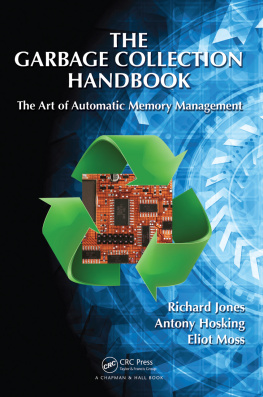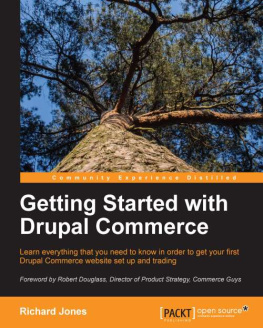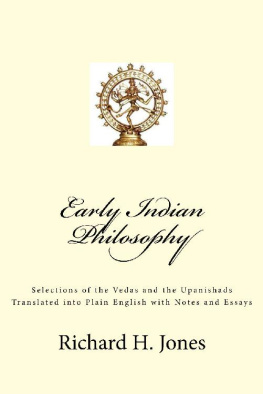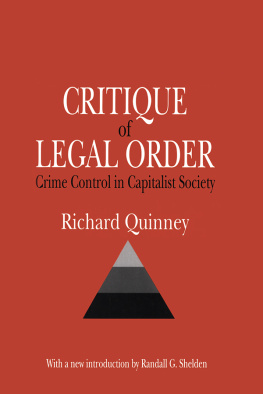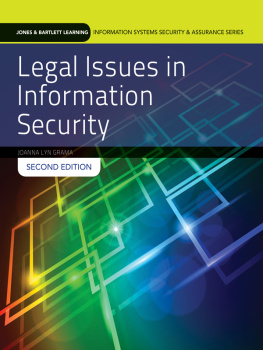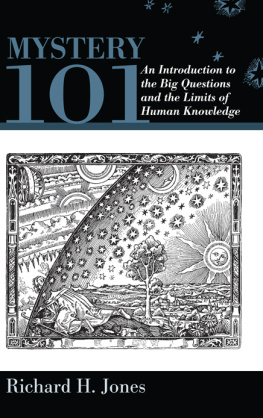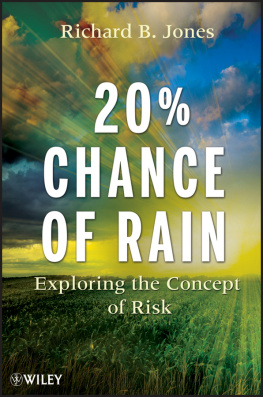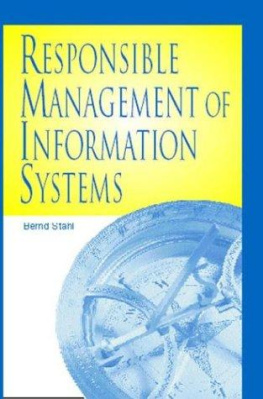Information Technology and Traditional Legal Concepts
Information technology has served to revolutionise the use, exchange, and protection of information. The growth of the internet, the convergence of technologies as well as the development of user generated and social networking sites has meant that significant amounts of person data as well as copyrighted materials are now readily accessible. Within this changing cultural landscape the legal concepts of privacy, data protection, intellectual property and criminality have necessarily had to develop and adapt. In this volume a number of international scholars consider this process and whether it has merely been a question of the law adapting to technology or whether technology has been forced to adapt to law. As technologies have wrought a culture shift it is therefore apposite to ask whether legal concepts, as reflections of culture, should also change. It is in this volume where papers on privacy, data protection, intellectual protection and cyber crime begin to address this question.
This book was previously published as a special issue of International Review of Law, Computers & Technology.
Richard Jones, Associate Editor, International Review of Law, Computers & Technology, has taught in areas of intellectual property and information technology law. He was invited by the Council of Europe to work in this area and awarded a Research fellowship with IBM to investigate legal expert systems. He was Chair of the British and Irish Legal Educational Technology Association (BILETA) and a Council member of the Society for Computers and the Law.
Roksana Moore, Lecturer in Law and Intellectual Property, School of Law, University of Southampton is researching in vendor liability for software defects. Her research interests also include software patents, ICT standardisation and traditional knowledge and intellectual property.
First published 2011
by Routledge
2 Park Square, Milton Park, Abingdon, Oxon, OX14 4RN
Simultaneously published in the USA and Canada
by Routledge
270 Madison Avenue, New York, NY 10016
Routledge is an imprint of the Taylor & Francis Group, an informa business
2011 Taylor & Francis
This book is a reproduction of International Review of Law, Computers & Technology 23.1&2 The Publisher requests that those citing this book use the bibliographical details of the journal issue on which the book is based.
Typeset in Times New Roman by Taylor & Francis Books
All rights reserved. No part of this book may be reprinted or reproduced or utilised in any form or by any electronic, mechanical, or other means, now known or hereafter invented, including photocopying and recording, or in any information storage or retrieval system, without permission in writing from the publishers.
British Library Cataloguing in Publication Data
A catalogue record for this book is available from the British Library
ISBN13: 978-0-415-61485-6
Disclaimer
The publisher would like to make readers aware that the chapters in this book are referred to as articles as they had been in the special issue. The publisher accepts responsibility for any inconsistencies that may have arisen in the course of preparing this volume for print.
Contents
Richard Jones and Roksana Moore
David Flint
Karen McCullagh
Dan Ritchie
Emmanuelle Bartoli
Joseph A. Cannataci and Jeanne Pia Mifsud Bonnici
Clare Sullivan
Eleni Kosta, Peggy Valcke and David Stevens
Wiebke Abel
Richard Jones
Hasina Haque
Neal Geach
Ruth Dawn Atkins
Sophie Stalla-Bourdillon
Richard Jonesa and Roksana Mooreb
aLiverpool JMU; bQueen Mary College, London
BILETA 2008 Law Shaping Technology; Technology Shaping the Law was organised at Glasgow Caledonian University by Michael Bromby and took as its main theme the security and privacy of personal information. The conferences first keynote speaker, David Flint, a Partner in MacRoberts Technology Media & Communications Group, is an independent expert under the UK Domain Dispute Resolution Procedure. He tackled the conference theme head on. How can the right to free speech be reconciled with the right to privacy, particularly with the rise in social networking technologies and user generated content? Have for example sites such as Facebook and YouTube responded in a timely and effective manner to safeguard our data, while promoting our rights to free speech? The topics of information and privacy have featured regularly in the writings of legal scholars for over a century, not least because of ongoing debates and obscurities with regard to definitions and applications of the terms. This edition capturing several privacy-related papers from the conference, which go some way to meeting Davids challenge.
One of the key hurdles in creating the law of privacy has been the disagreement of what constitutes an invasion of privacy and it is generally accepted that this is further dependant upon cultural, and other, perspectives. Karen McCullagh, in Protecting privacy through control of personal data collection: A flawed approach acknowledges the absence of key definitions with regards to privacy, seeks to identify whether or not the term privacy is synonymous with the term personal (UK Data Protection Act 1998), and adopts empirical research to assist in determining this. McCullaghs findings and discussion is important in demonstrating that an agreement upon a common ground of the invasion of privacy seems to exist.
Continuing on the theme of definition within privacy, Dan Ritchie in Is it possible to define privacies within the law? Reflections on the securitisation debate and the interception of communications, considers privacy within the context of surveillance and the interception of communications. The definition of privacy is reviewed with an emphasis on informational privacy, providing an interesting account on how the public perception of what is private can differ in context of modern technology. Richie puts forward his own questions that should be addressed to further the debate on privacy, and in so doing proposes that individual approval or disapproval is the crux of personal feelings of privacy.
Issues affecting children are generally high on most agendas and privacy is no different. In her paper Emmanuelle Bartoli performs a comparative analysis of the provisions in place to protect childrens personal information online within the EU and USA, and highlights several difficulties, challenges and loopholes within legislation.
In their paper, Cannataci and Mifsud Bonnici consider how a minimalist approach to law-making was the foundation of bad policy and bad law that left the UKs data protection Commissioner virtually toothless and under-resourced for many years until the recent moves to grant him wider powers in 2008 and 2009. They evaluate the soaring number losses of personal data in the UK in the context of such constraints and then move on to examine whether the new Coroners and Justice Bill 2009 would remedy the situation or is simply more evidence that the UK has not entirely escaped from problems of bad policy and bad law in the field of data protection. Their paper includes summary tables documenting nearly a hundred different cases of losses of personal data across the world which the authors have researched during the period 20072009.


